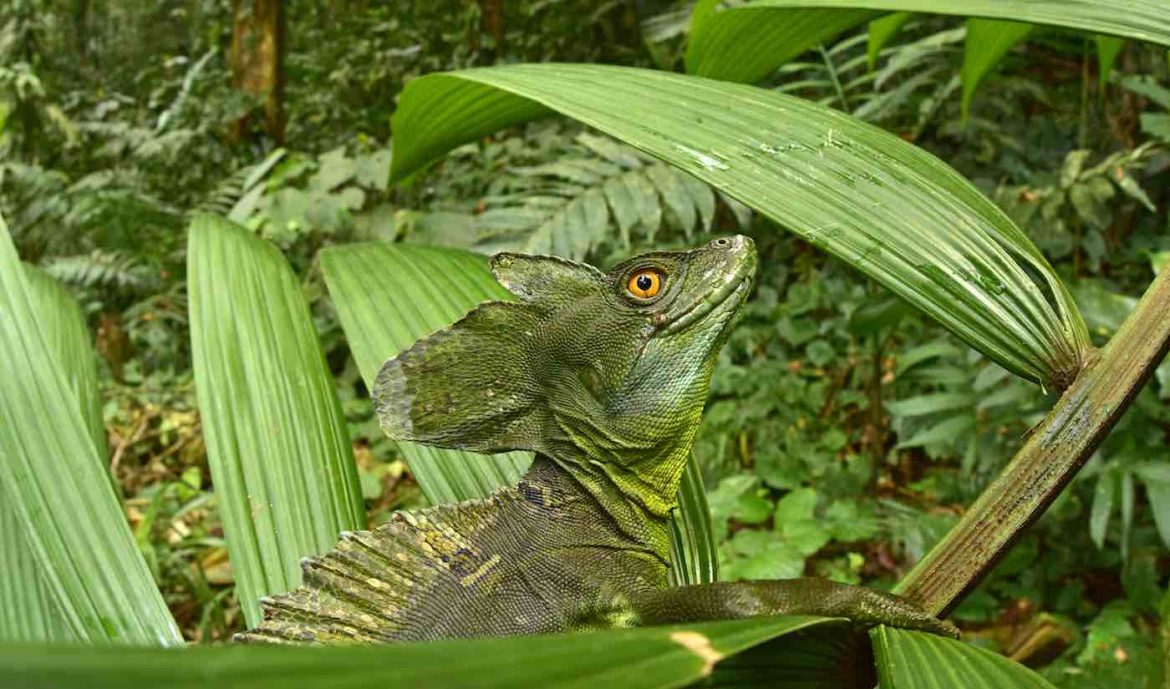We all love a positive news story … and in our Autumn 2019 issue, we published three! The Positively Newsworthy section of our magazine is always a much-cherished read. Read on to hear about an amazing rescue, an innovative alternative plastic straws, and a sign of hope for a Central American rainforest…
A Serendipitous Rescue
How four brothers saved a child
This summer, four American brothers traveled to Ireland as visitors, but left as heroes. Eoghan, Walter, and Declan Butler had traveled to Ireland from Washington D.C. with their brother-in-law, Alex Thomson, in order to attend their grandfather’s funeral. As they enjoyed a relaxing afternoon on Portmarnock Beach, they were shocked to see that a six-year-old girl on a flotation device had been swept out to sea by a current. Her father was shouting for help. Eoghan, Declan, and Alex immediately sprinted into the ocean to rescue the girl, while Walter stayed on shore in case someone needed CPR.
Since the girl had already drifted half a mile away from the shore, the three brothers had to swim for 25 minutes in order to reach her. Once they reached her, they took turns swimming on their backs in order to tow the girl’s flotation device back to shore on their chests.
Upon successfully bringing the girl back to dry land, Eoghan and Declan noticed that the girl’s father was still in the water. He had put on a life vest to swim out and help with the rescue mission. The twins plunged back into the water and rescued the struggling father as well.
The boys later realised that their rescue had taken on an extra layer of serendipitous meaning: they had rescued the little girl on the exact same day that the brother of their deceased grandfather had drowned several decades ago.
‘It’s kind of like this godly, guardian angel kind of feeling,’ Walter remarked, ‘that the same day he drowned 64 years ago is the day we actually saved the life of a six-year-old girl.’
The Final Straw
How a Philippines café is reducing waste
A café called Café Editha, located in Surigao del Norte in the Philippines, is motivating thousands of people around the world to replace their plastic straws with a more eco-friendly alternative: rolled-up coconut leaves.
Manager Sarah Tiu, who is the manager of Café Editha, started using the leaves in the restaurant earlier this year as a cheap, biodegradable alternative for plastic straws. She first got the idea to use the leaves for this purpose as she was vacationing with her family on the nearby Corregidor Island of Siargao.
Upon ordering some drinks from a local café, Tiu was surprised to receive her beverage with a straw made out of lukay (the local term for coconut leaves). She asked the managers of the business to teach her how to craft lukay straws so she could hand them out in her own café.
Once she had mastered the simple skill, Tiu published a photo of her completed straws to Café Editha’s Facebook page, where it has since been shared thousands of times by social media users around the globe.
Tiu has also begun to use the coconut leaves as an alternative to plastic takeaway lids, covering cups and containers in lukay.
‘We still have a lot to eradicate,’ she wrote, ‘[but] hopefully we can find more alternatives to create less waste.’
Hope in the Wilderness
Rainforest search yields amazing biodiversity
When a team of scientists and researchers traveled to a ‘lost city’ buried deep within the jungles of Honduras, they were amazed by the sheer level of biodiversity that they found.
The team from Conservation International conducted a three-week research expedition back in 2017, following the discovery of ancient ruins at a site deep within the Mosquitia rainforest, known as the ‘Lost City of the Monkey God or the ‘White City.’
The rainforest remains one of the most unexplored areas of Central America, so the scientists were hoping to shine a light on the ecological state of the region.
Conservation International finally published a full report of their findings this week – and it details how the ancient settlement is encompassed by a pristine, thriving ecosystem teeming with rare and unique species, including new, previously undiscovered species and species thought to be extinct.
Some of the more remarkable finds included a tiger beetle – which had only ever been recorded in Nicaragua and was believed to be extinct – and the false tree coral snake, which had not been reported in Honduras since 1965.
‘Our team of scientists were shocked at the discovery of tremendously rich biodiversity, including many rare and threatened species,’ said Trond Larsen, Director of Conservation International’s Rapid Assessment Program. ‘The ‘White City’ is one of the few areas remaining in Central America where ecological and evolutionary processes remain intact.’
It looks like there is hope for the rainforest after all! Conservation International now hopes that their findings will help drive forward additional conservation measures and protect the region from deforestation.


